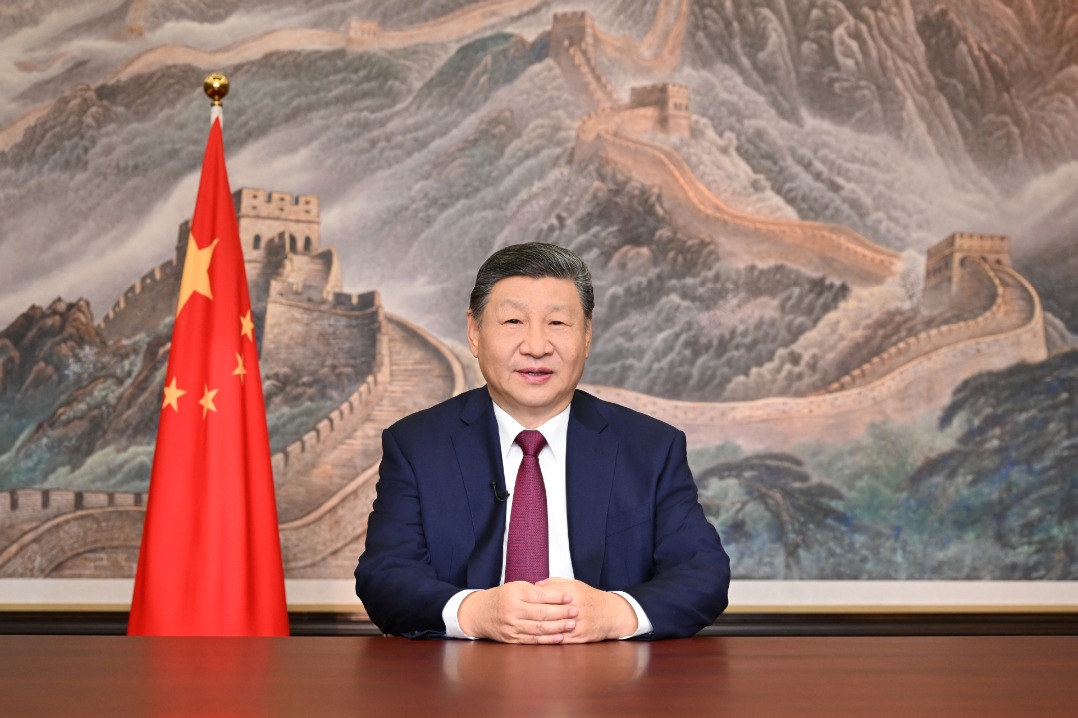Overseas courses gaining ground with students

Under the commission's 10-year development plan, the city would also try to attract more foreign students to local universities, promote student exchanges between local and overseas schools and gain overseas recognition for local courses and student credits.
Tuition fees for most of the foreign education courses in Shanghai range between 70,000 yuan (7,826 euros) and 90,000 yuan annually, while the per capita annual disposable income for Shanghai urban residents was 32,000 yuan in 2010. But for many like Zhu, the only child of a wealthy family with deposits of over 5 million yuan, money is the least concern.
According to data from the 2010 Hurun Wealth Report, which specializes in tracking China's rich, the number of millionaires on the mainland grew by 6.1 percent over 2009 to 875,000. Shanghai accounts for 14 percent of the new millionaires.
The rising income levels have also triggered an increase in the number of students going overseas. About 229,300 Chinese studied abroad in 2009, an increase of 27.5 percent over the previous year, according to the Ministry of Education.
At the same time, the number of students sitting for the national college entrance examinations has fallen. Nearly 840,000 high school graduates did not apply for the college entrance exams across the country in 2009 and the figure is estimated to have reached 1 million last year.
Many of these students have now decided to continue their studies overseas. According to a survey in December last year by language training institute English First, 86 percent of the 3,100 parents polled say they would consider sending their children abroad for better education and broader horizons.
"A large proportion of the new generation of Chinese parents have received overseas education themselves and are keen that their children have the same opportunities instead of going through the national college recruitment system," says Grace Guo, the Shanghai principal of the US-based Ameson Education and Culture Exchange Foundation. Ameson is a non-profit and non-governmental organization that coordinates and organizes various educational and cultural exchange activities between the Americas, Oceania, Europe and Asia.
The foundation worked with the Shanghai-based Gezhi High School to introduce the Gezhi-Ameson American High School Experimental Program in 2010. Under the program students study AP courses, a curriculum in the United States that is considered to be just below undergraduate courses in colleges.
The curriculum allows screened Chinese students with good English skills to choose three to five courses they are interested in, instead of having to excel in all the prescribed courses as is required at a Chinese high school.
Guo, however, says that the imported version of the foreign educational program is still hampered by the traditional Chinese obsession with scores.
"Although some Chinese students can easily beat their US peers in academics, they still lag in integrated social skills," she says.
"Chinese parents do understand the importance of integrated development for their children. But whenever it drags down the scores, they would call an end to all the other activities not relevant to scores on paper," says Guo.
But Guo still believes that the number of students applying for AP programs would increase considerably in the next two to three years, as more Chinese students pursue not only education opportunities but also jobs overseas.
The number of Chinese students in the US has already increased by 30 percent during the 2009-2010 academic year to about 128,000, or 18.3 percent of the total international student population in the country, the biggest among all other nations, according to official statistics.
"The good thing about international courses is that we're free to choose what we like. Many of my classmates actually chose arts as their major subject, something that is considered peripheral and unimportant in China," says Zhu.
"The courses also makes us more mature and independent by forcing us to think what we really want for our future," says Lu Tianyi, Zhu's classmate who recently received an offer from Emory University in the US.































